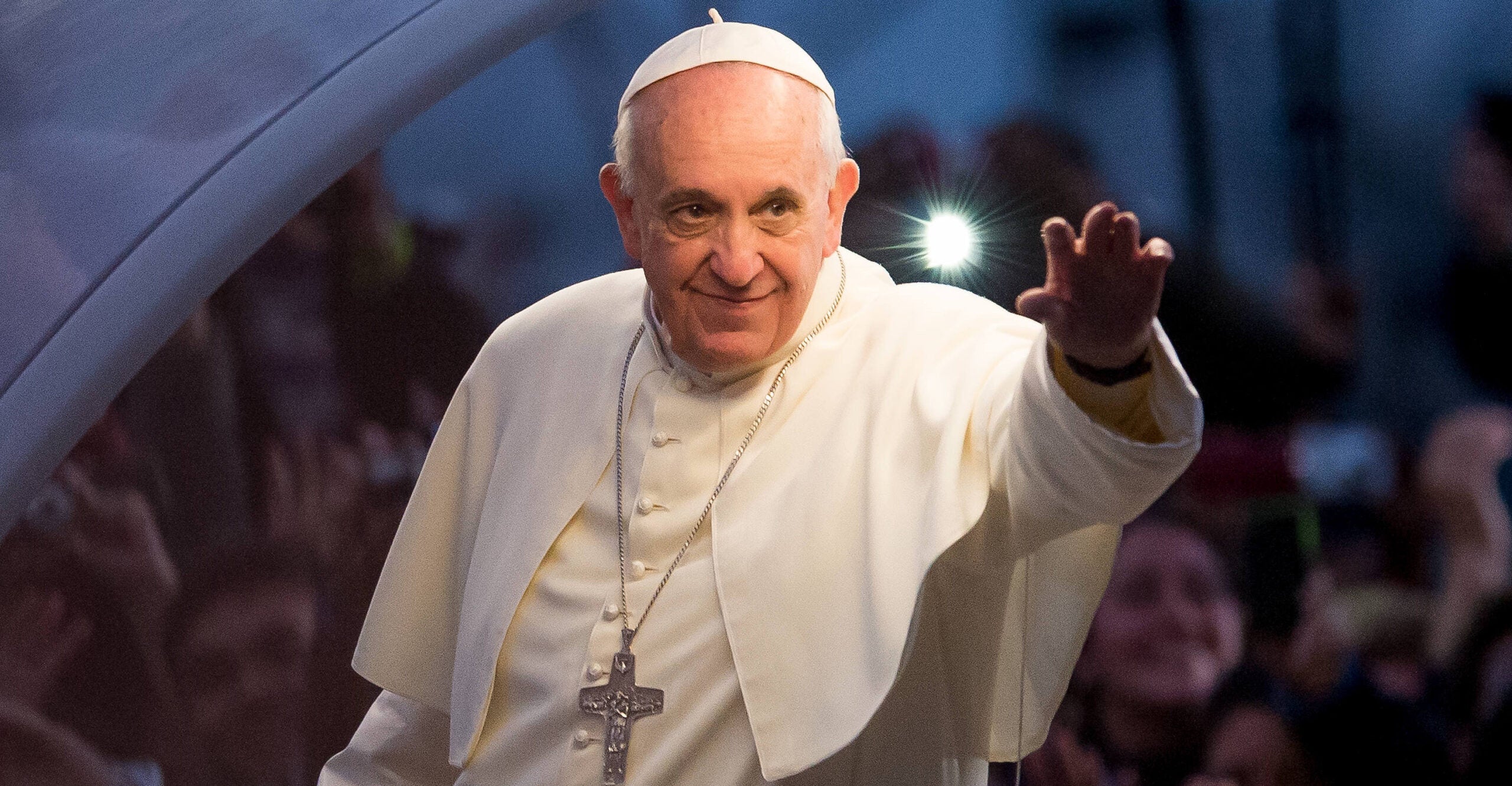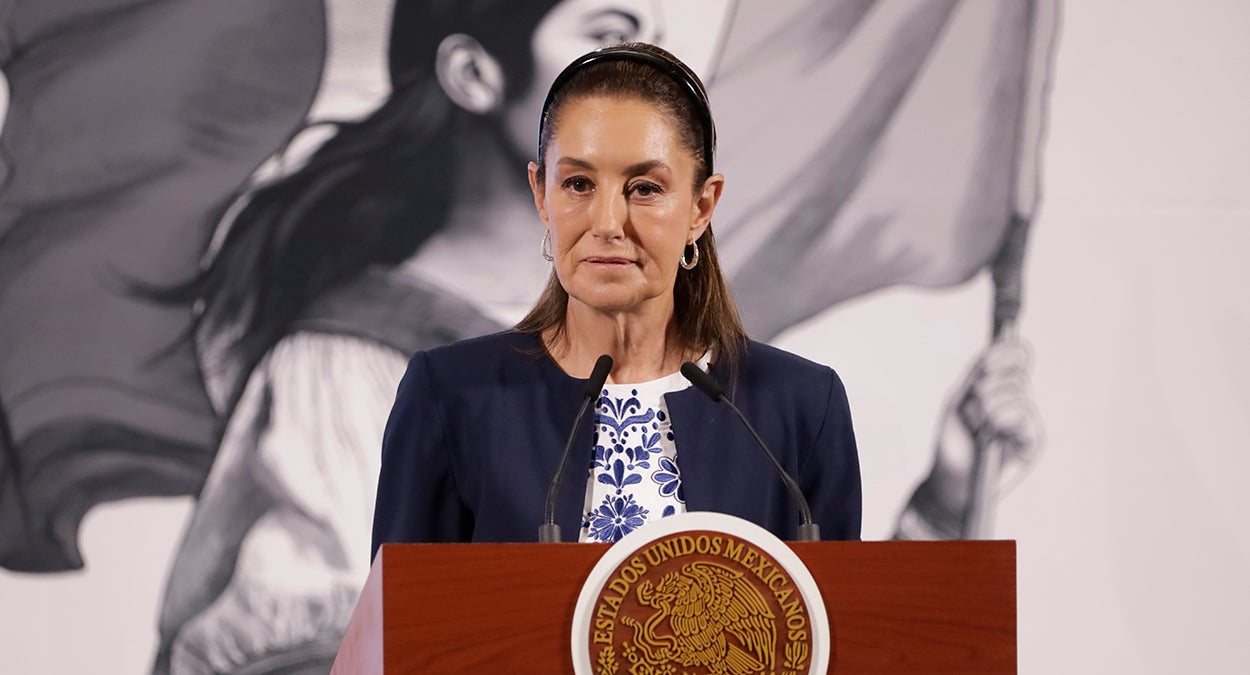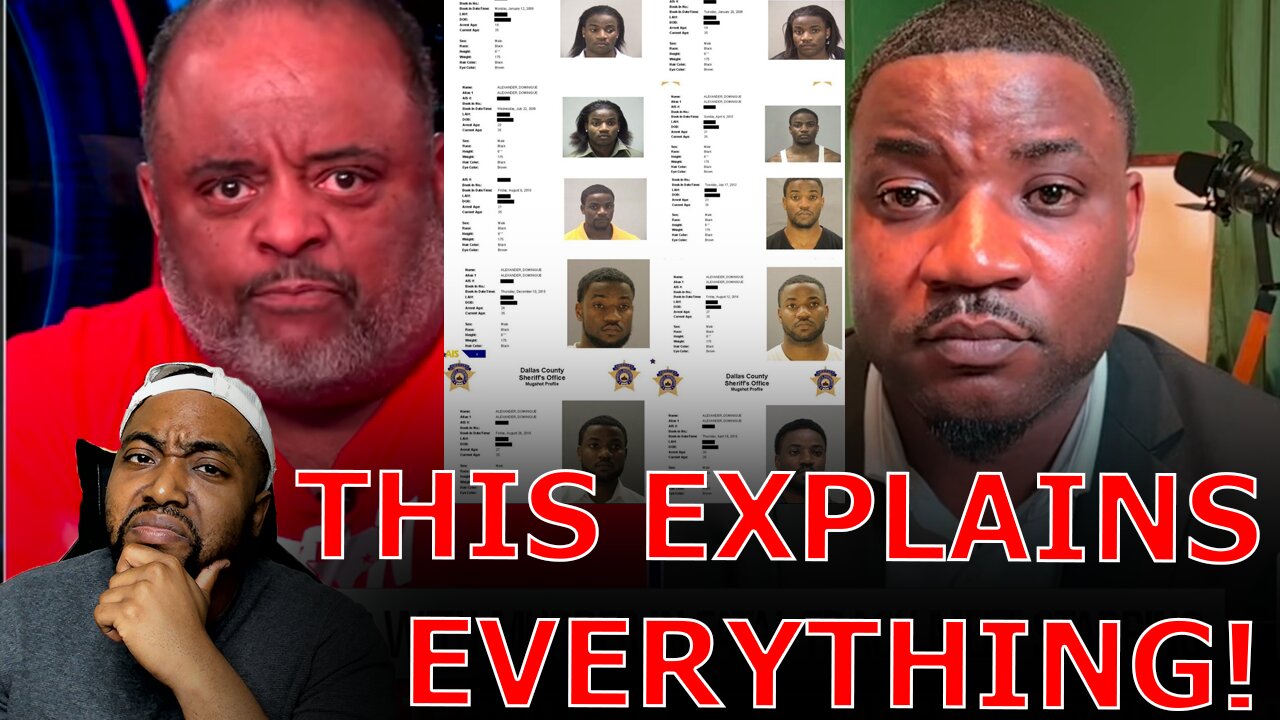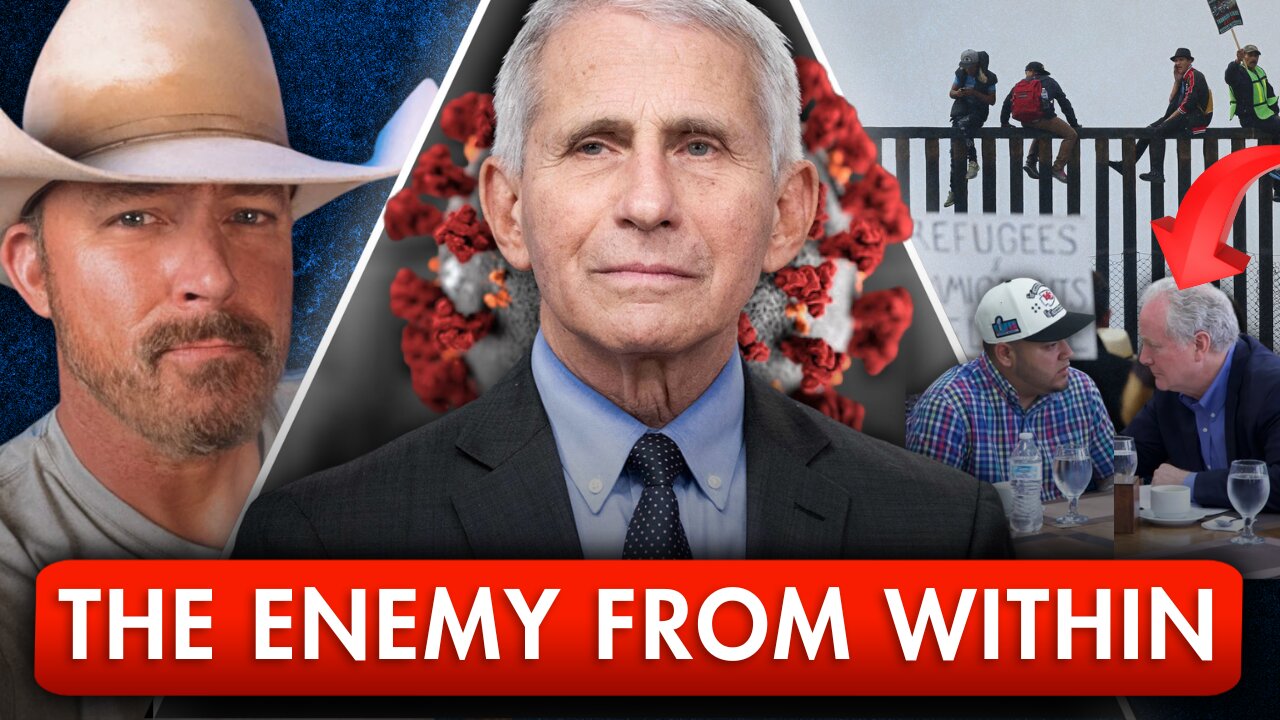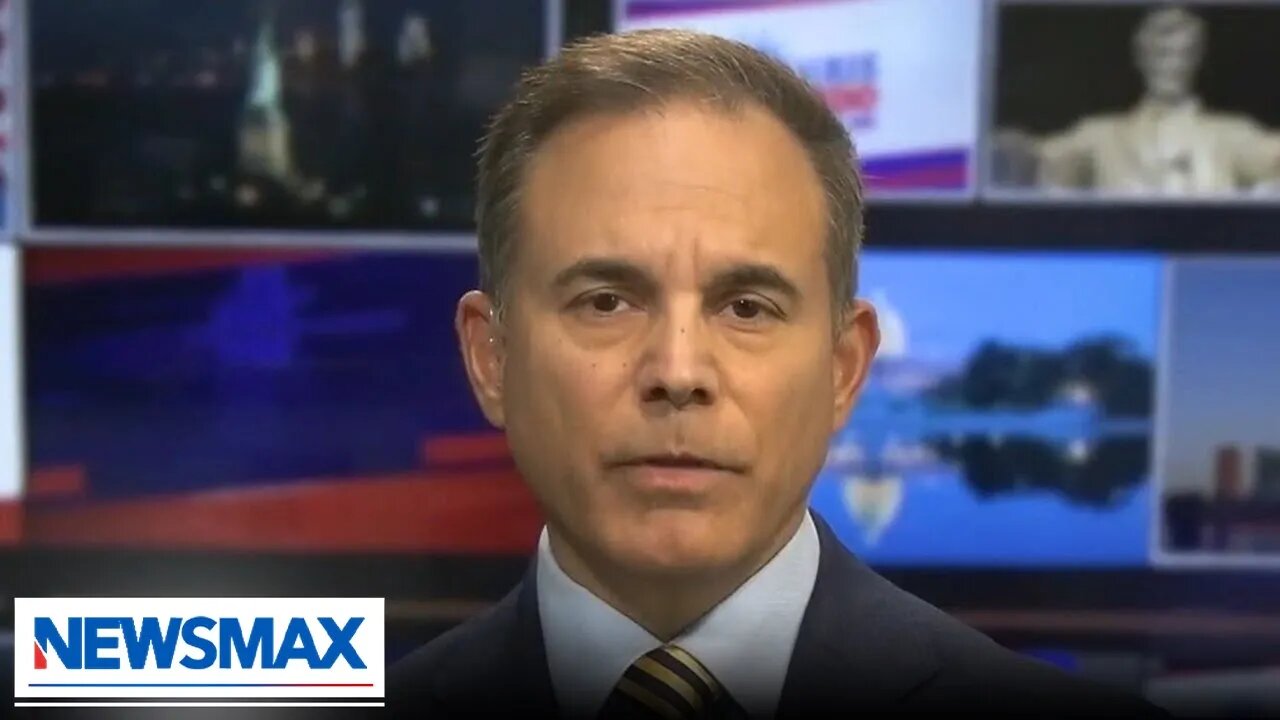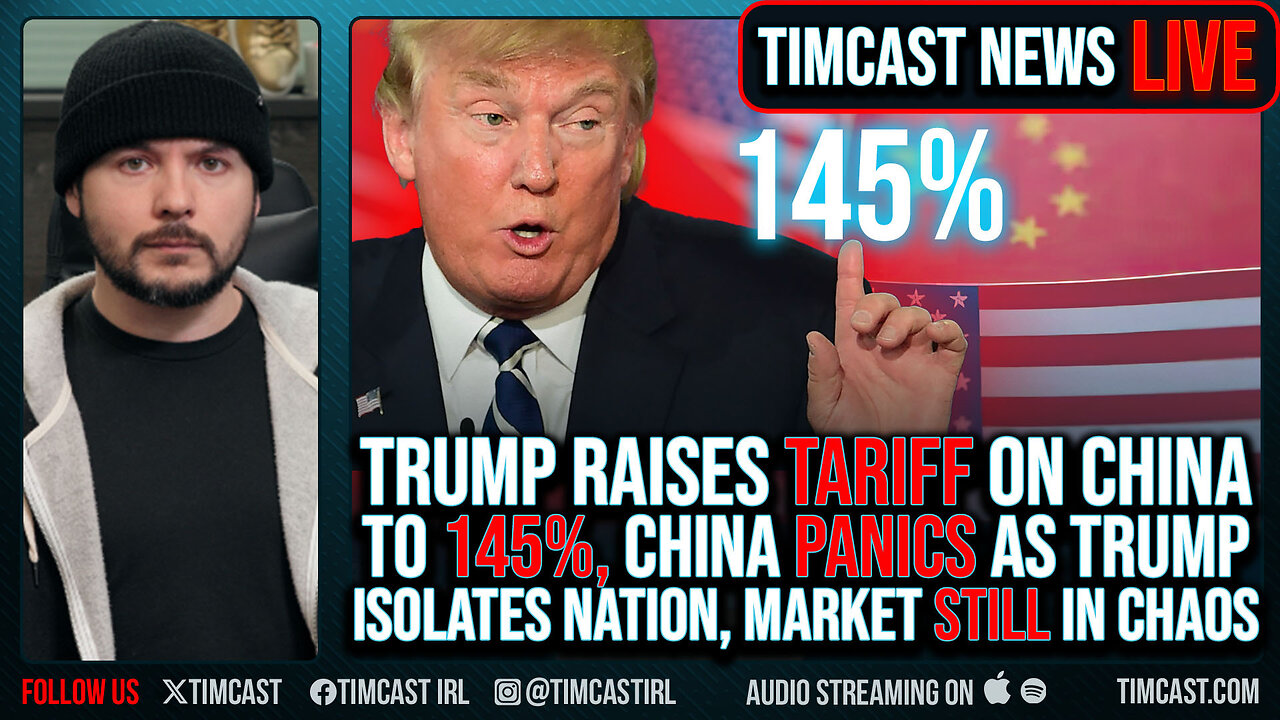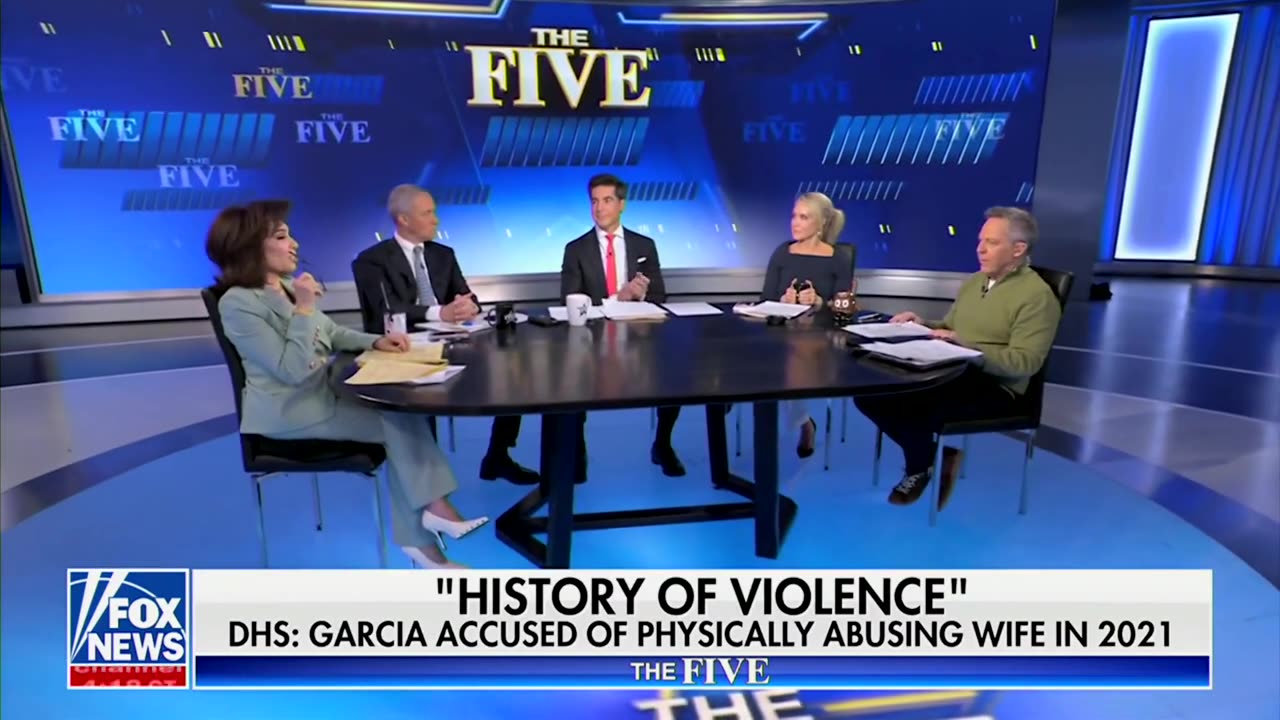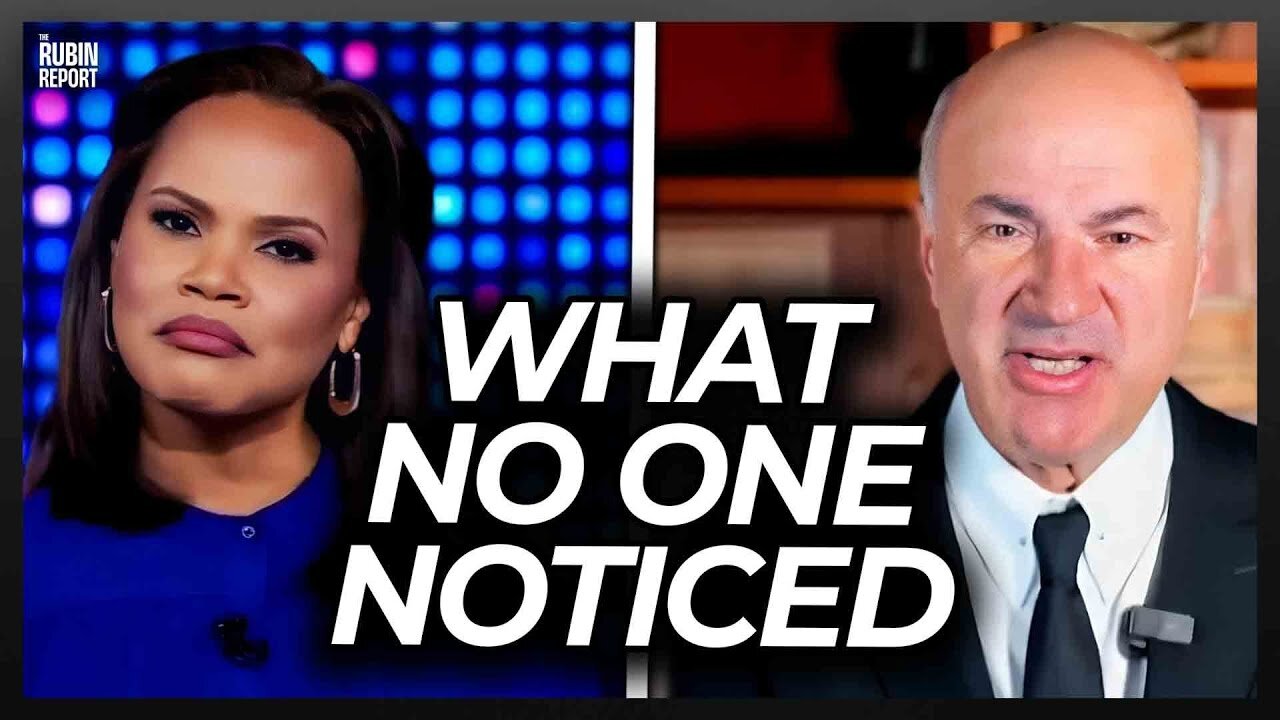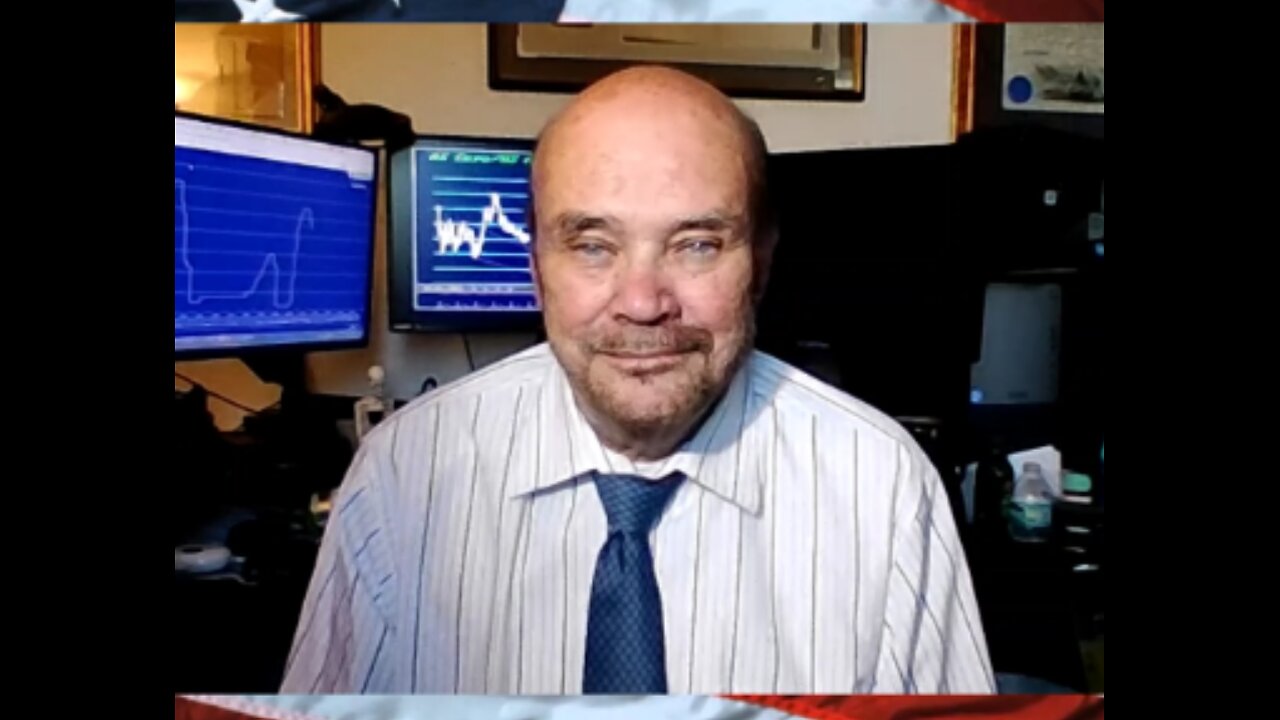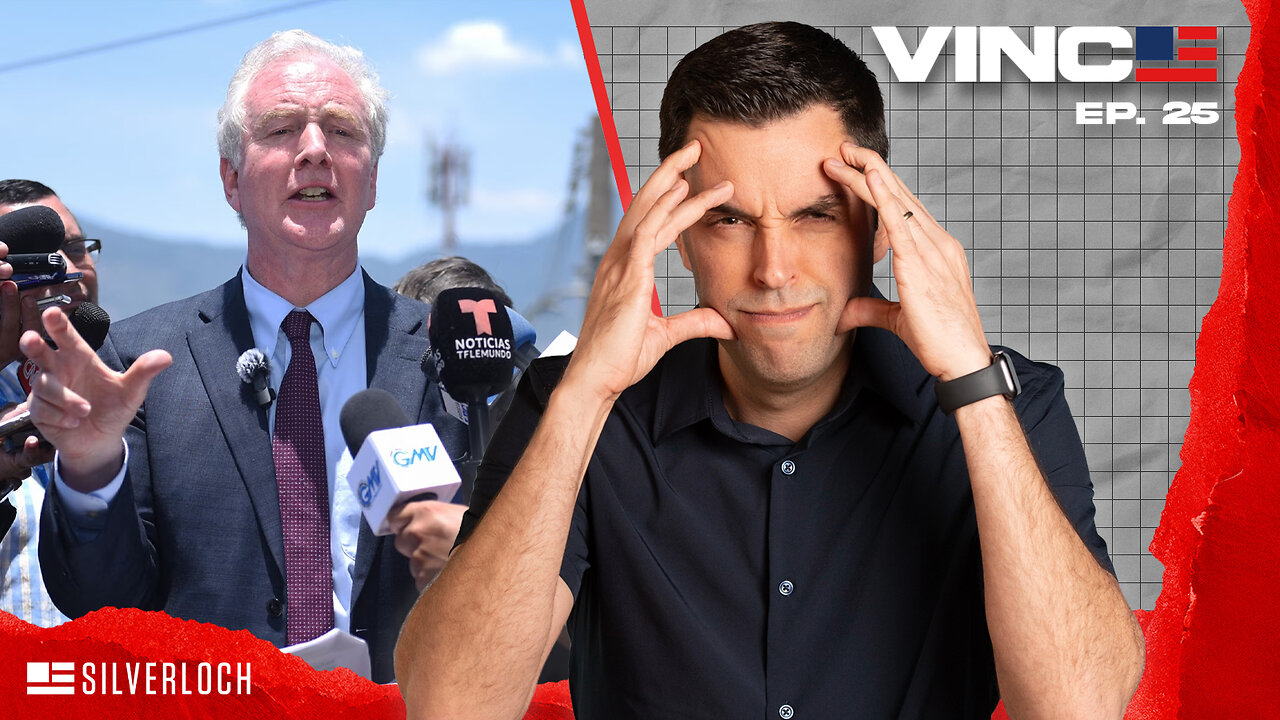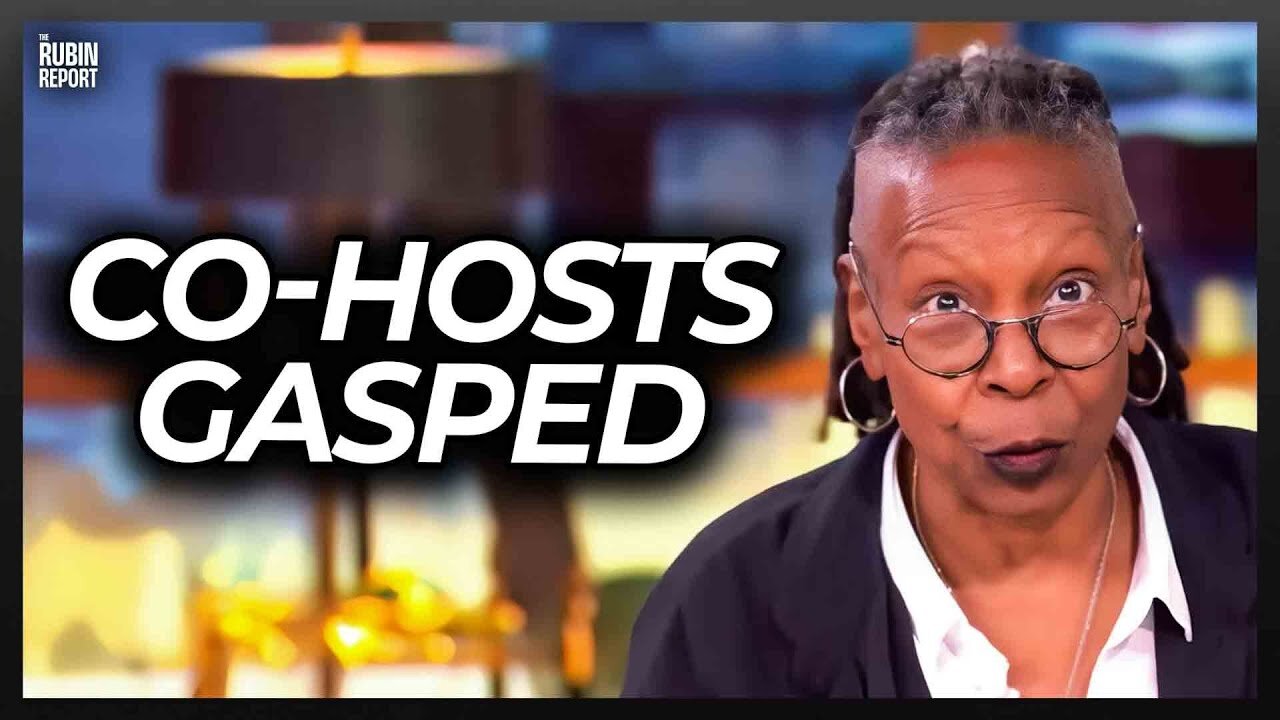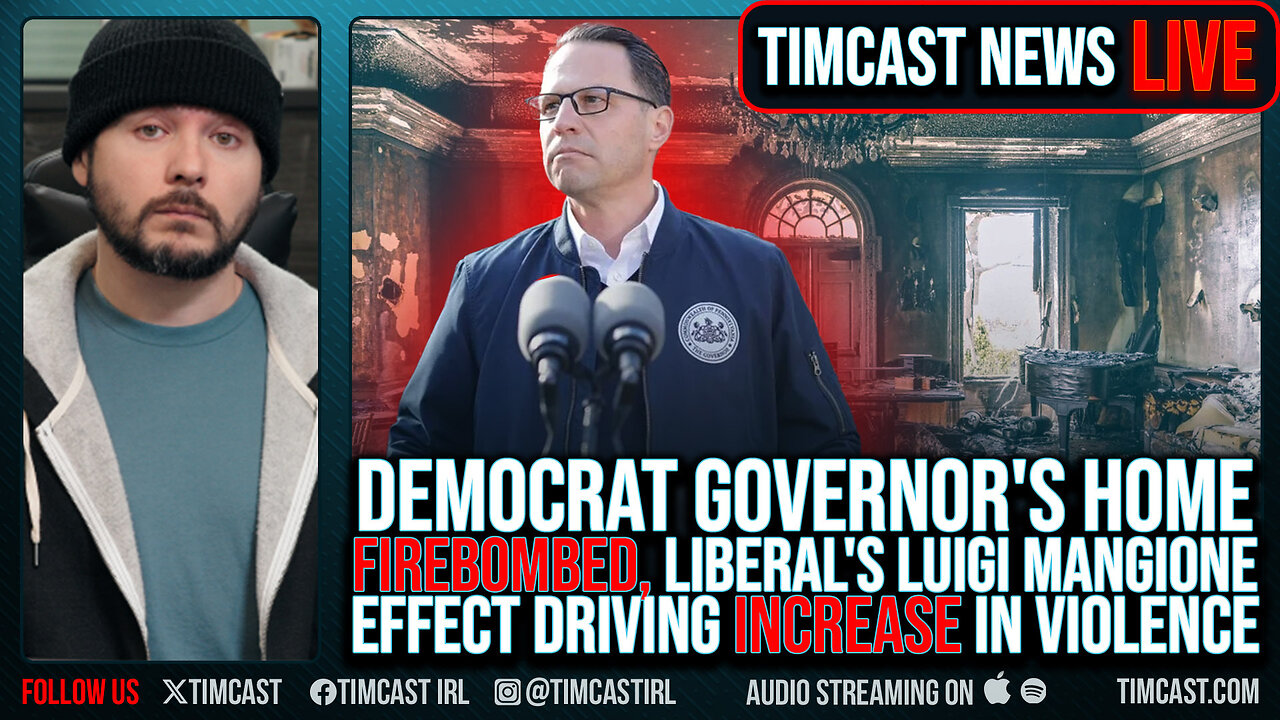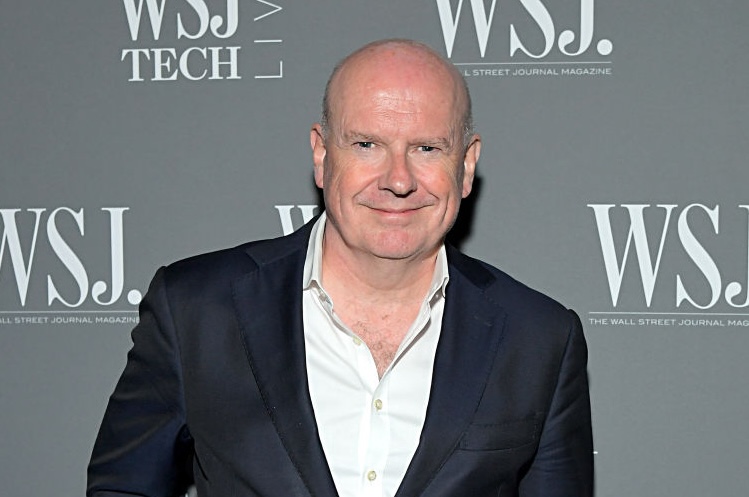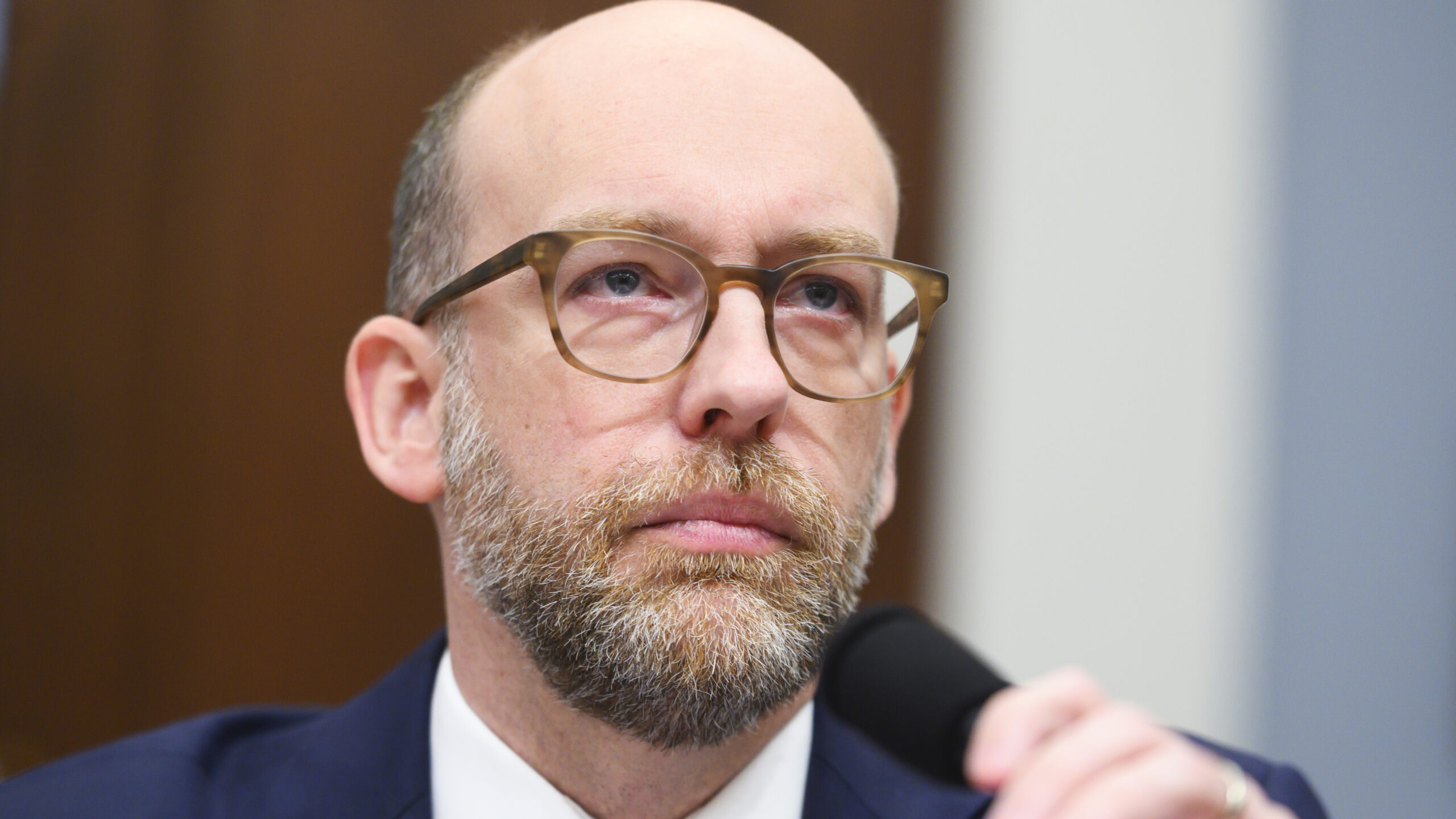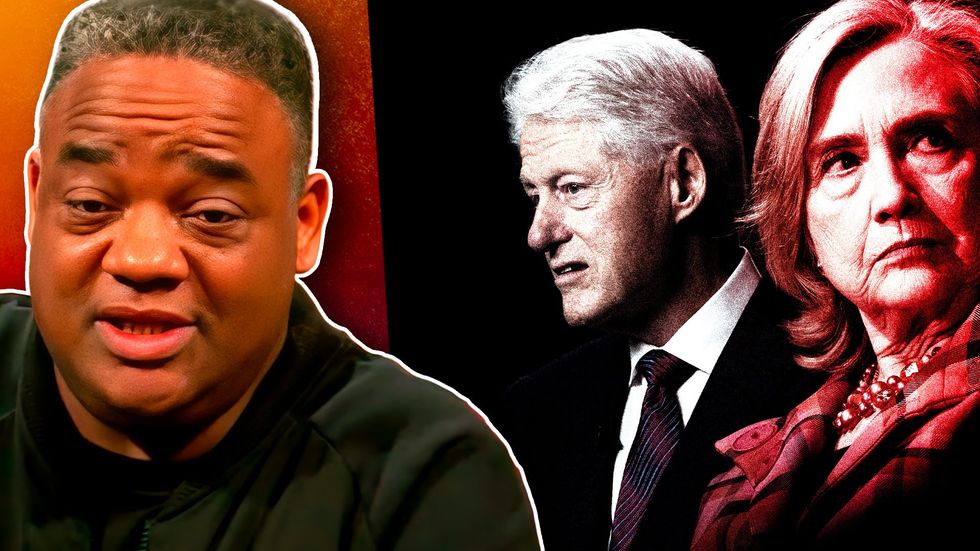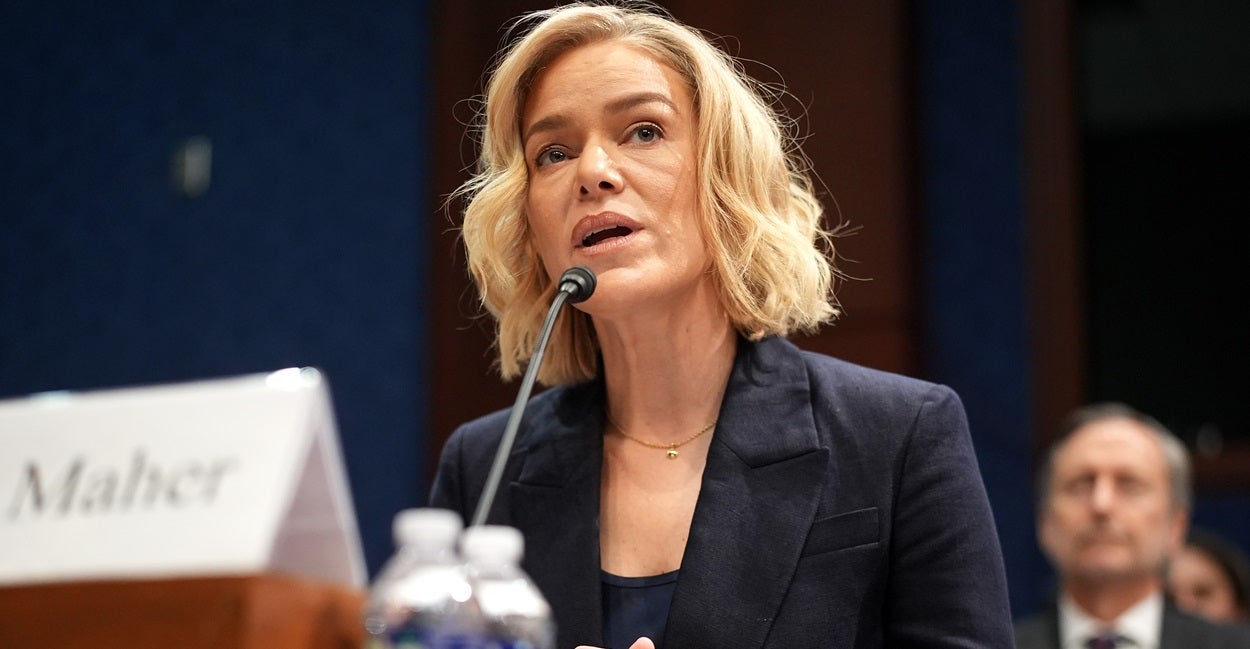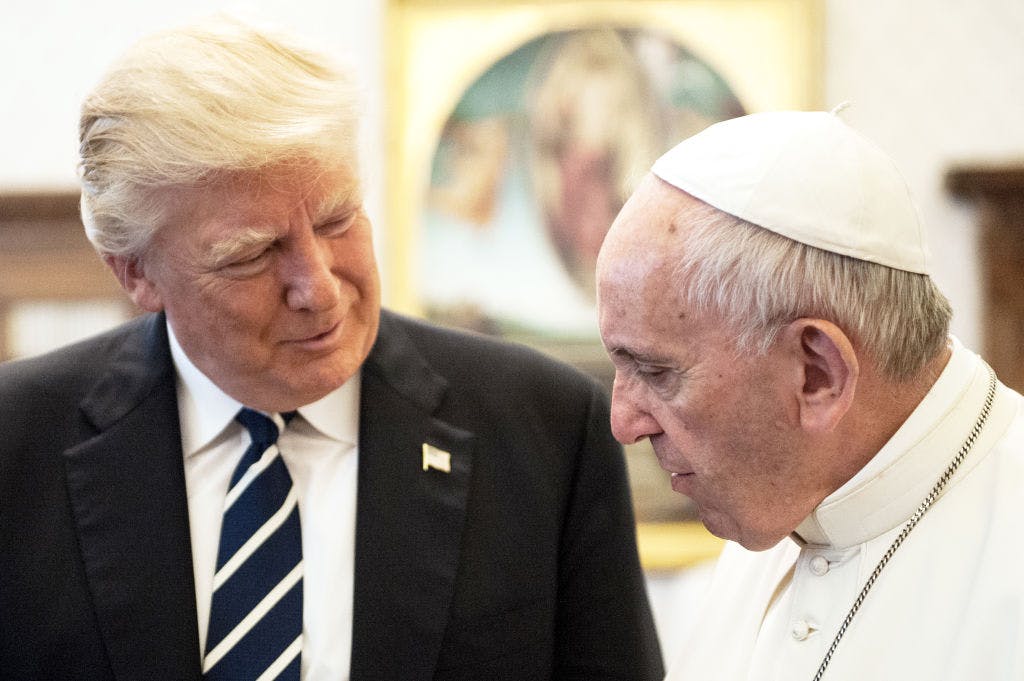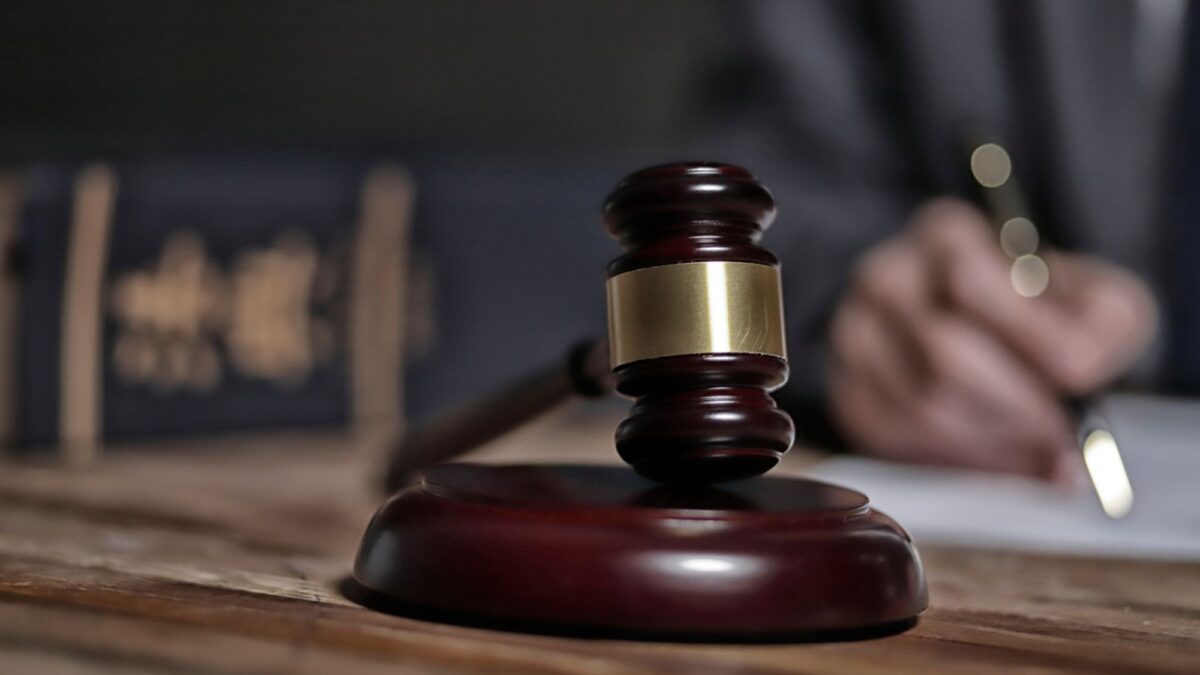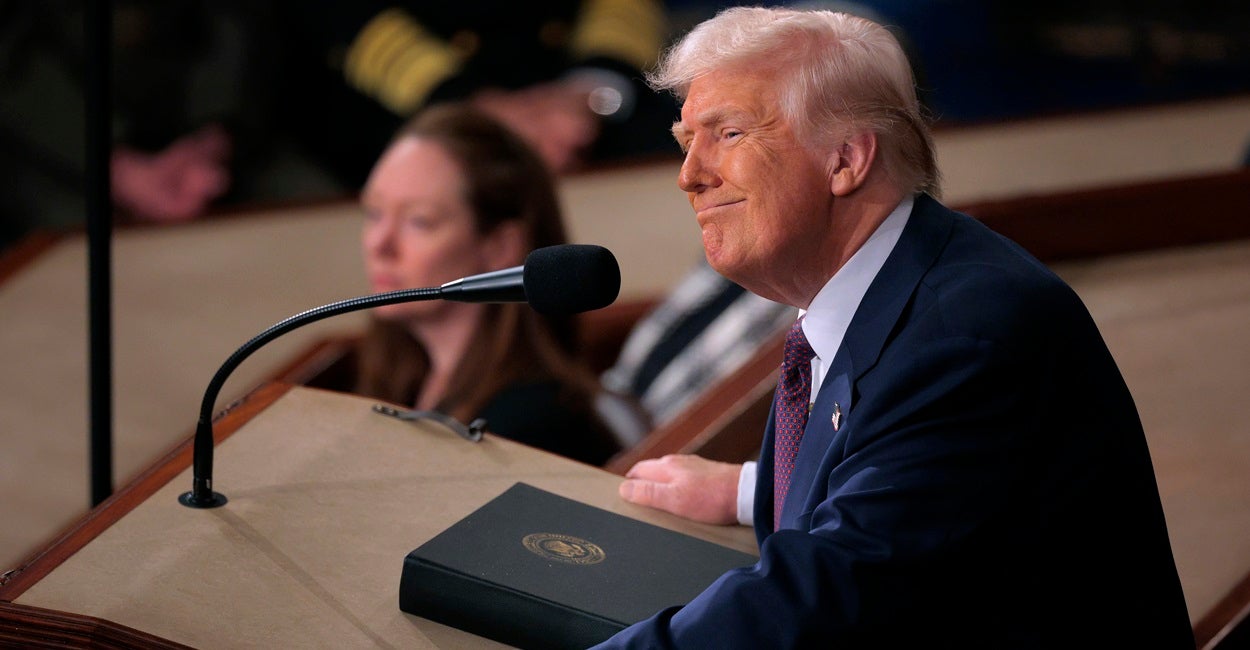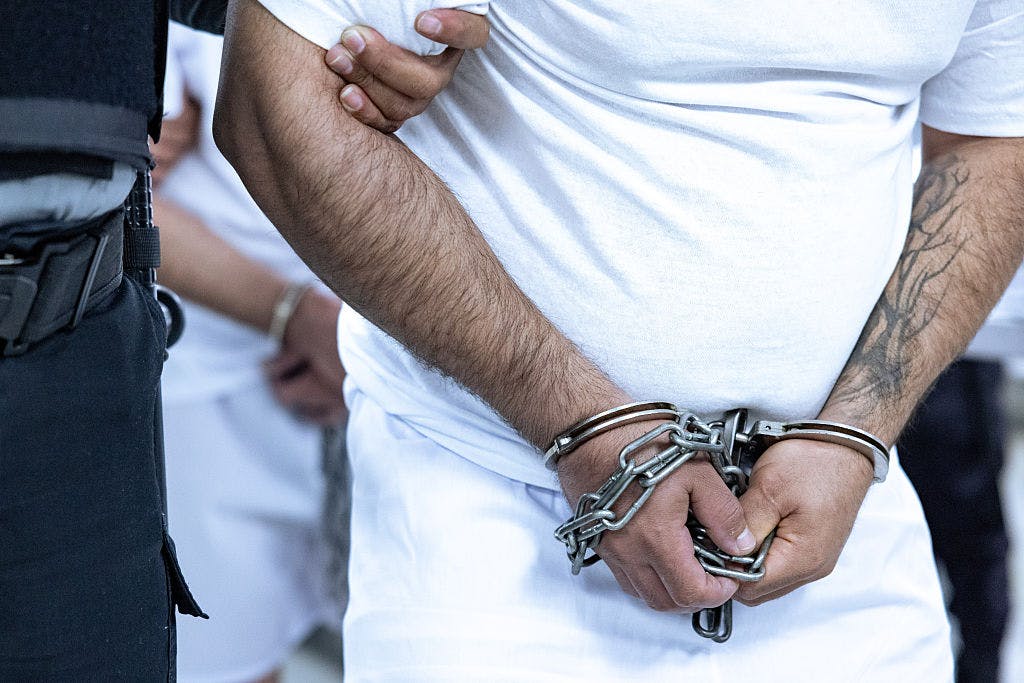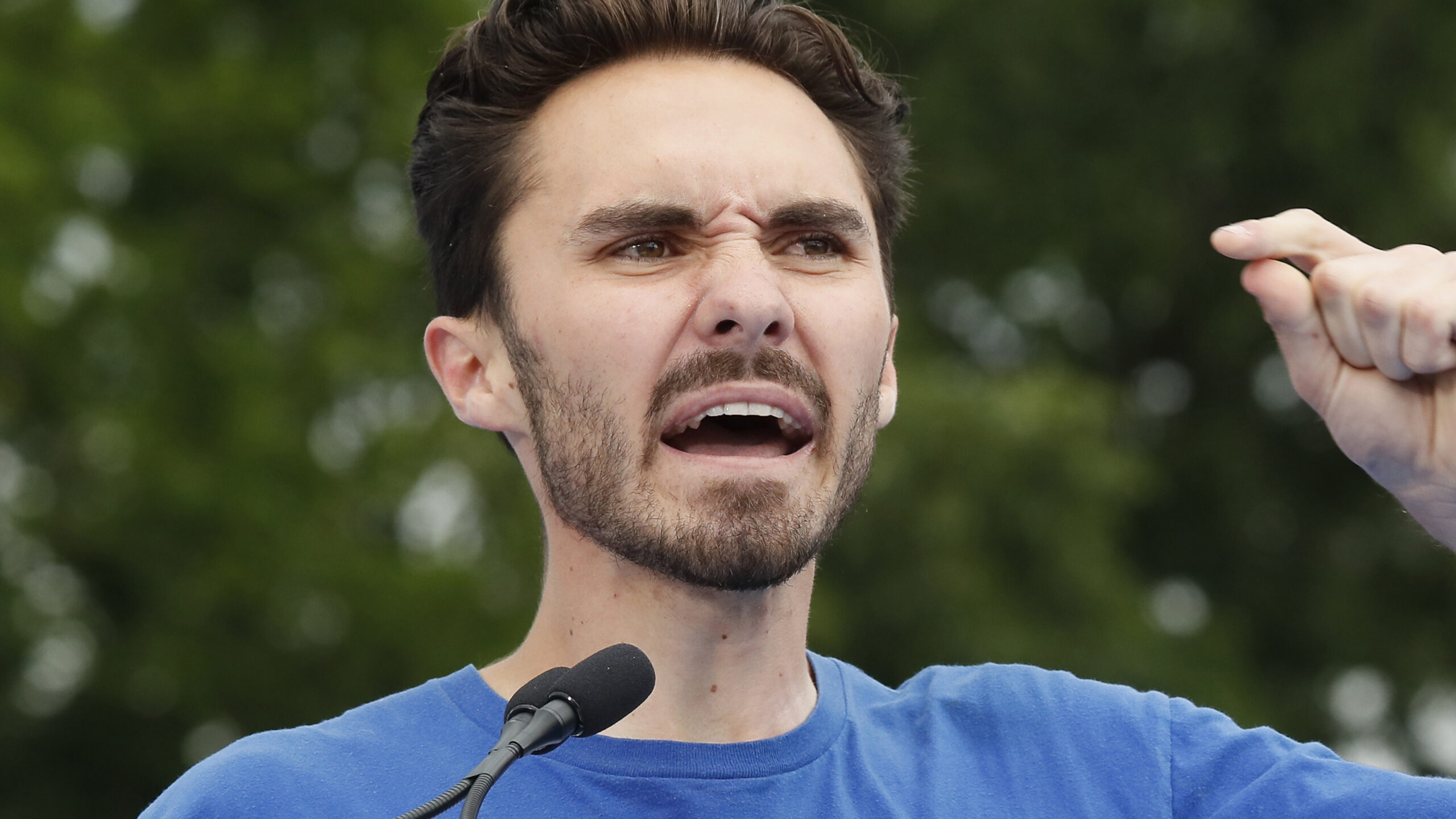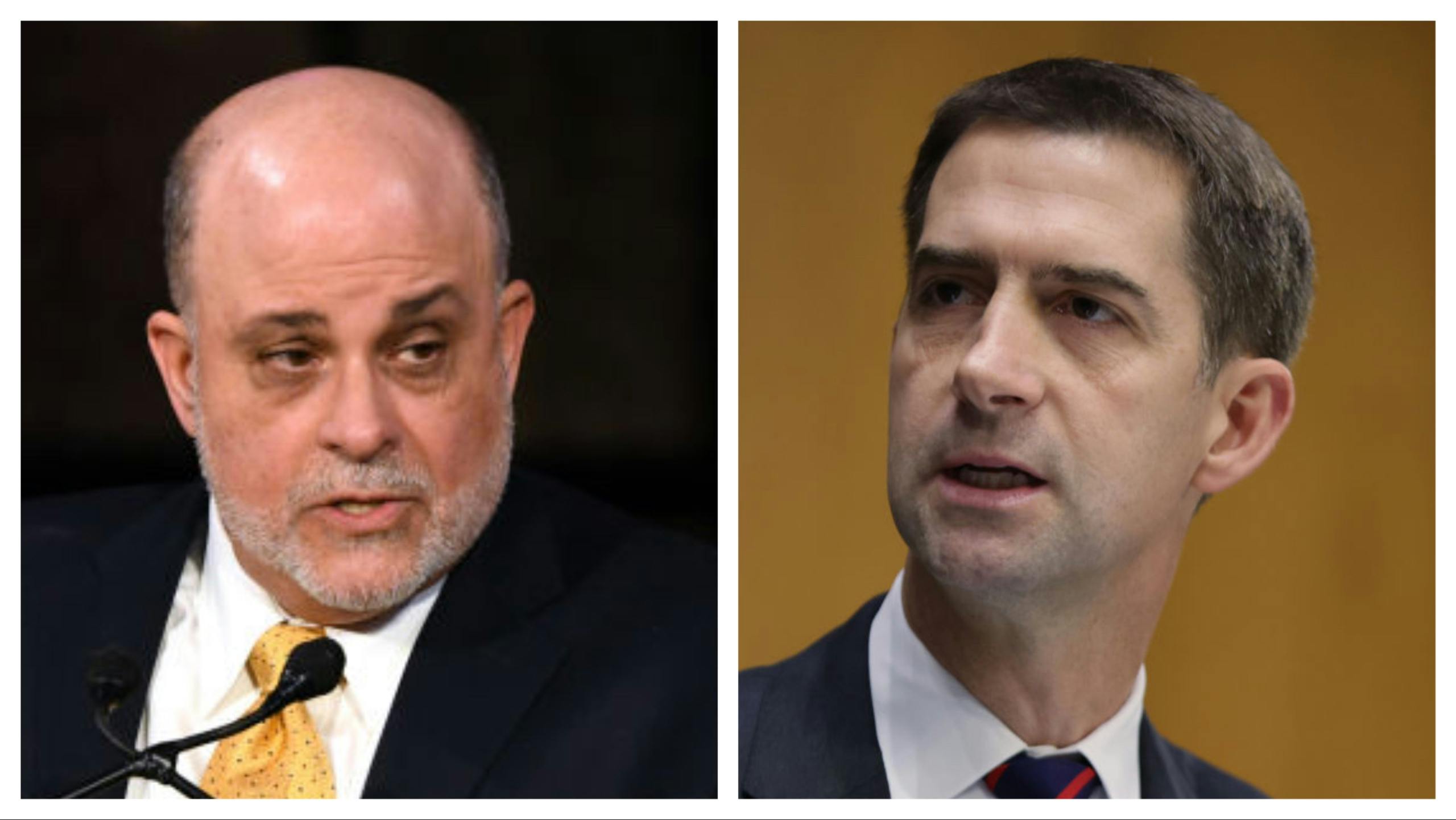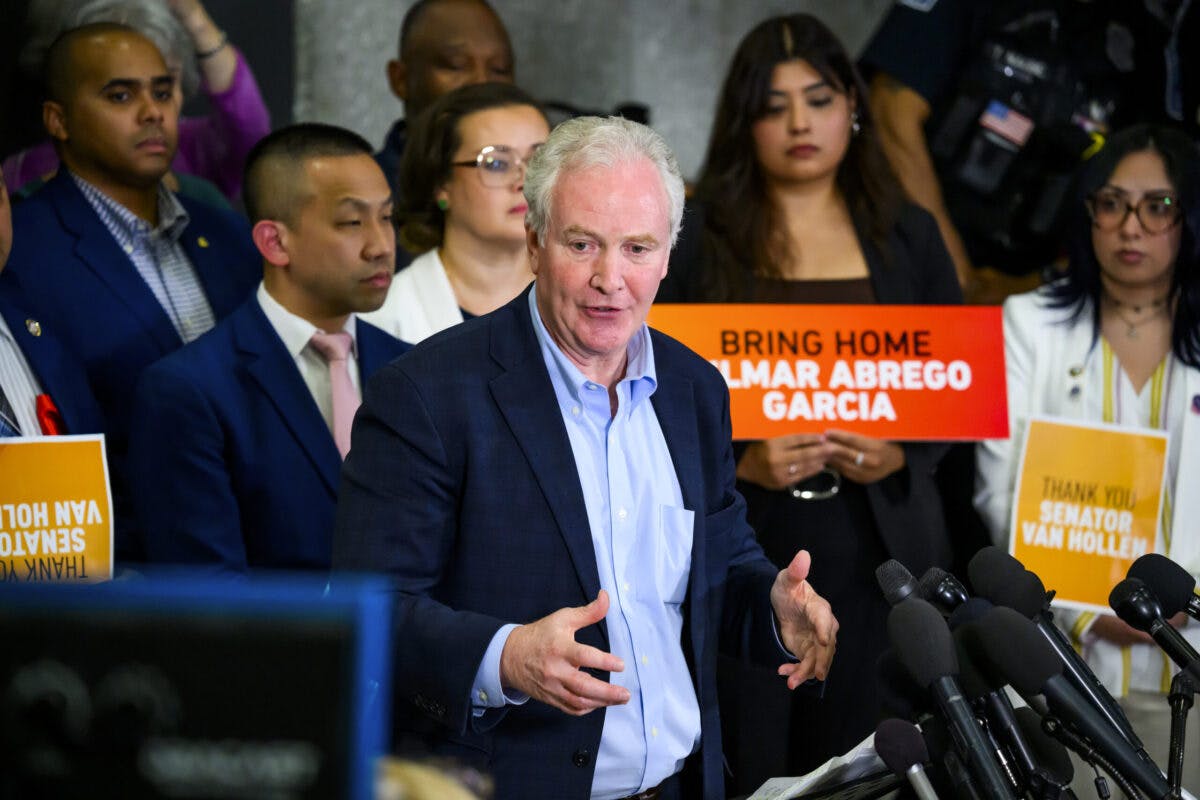Triumph of Orthodoxy? Why young men are embracing ancient faith


The New York Post recently caused a stir in the Christian world with its article, “Young men leaving traditional churches for ‘masculine’ Orthodox Christianity in droves.”
To those of us in the Orthodox world, nothing in this article came as a surprise.
Where can a young man lost in the world find the truth, a solid rock upon which to build his life?
Most of us attending Orthodox churches in the United States are used to a swarm of new visitors every Sunday, often families and — as the article specifies — single men. Our own parish has nearly doubled in size in the two years we’ve been attending, and we’re scrambling to expand. You can read about my family’s conversion story in the fall 2024 issue of Frontier magazine.
While the New York Post article did not surprise us Orthodox, it caused a stir in the Protestant world, with pastors and apologists suddenly awakening in a panic that young men are fleeing their denominations for Orthodoxy.
First, let me make this very clear: For many, Orthodoxy was their “last stop” in their spiritual journey before abandoning God entirely. Visit our small parish in Kentucky, and I’ll happily introduce you to many converts who attended all manner of churches before looking into Orthodoxy.
Perhaps, the more interesting question isn’t, “Why Orthodoxy?” but rather, “Why Christianity?” especially in an age where it’s so much easier not to be Christian at all.
I believe the answer is fairly simple: Young men are desperately seeking structure in a time of chaos and upheaval. Many young men these days simply have no idea what the rules of society are — something as simple as asking a woman on a date can be a risky proposition, leading to the dire state of dating and the incel crisis. We saw this come to a head with the cancel culture and #MeToo phenomenas, where once-accepted behaviors were suddenly grounds to be expelled from polite society, with the rules sometimes changing from day to day.
For nearly 2,000 years, the glue that bound Western civilization was Christianity. Yes, there were often bitter — and bloody — theological struggles, but we generally accepted what was and wasn’t permissible in daily interactions. For many young men, that desperate need for clarity and stability draws them to church.
But then the question becomes: Which church? Where can a young man lost in the world find the truth, a solid rock upon which to build his life?
Orthodoxy: A brief 2,000-year history
Christ did not leave us with sacred scripture. In fact, when he ascended to Heaven to sit at the right hand of the Father, much of it was still to be written. Rather, he left us with the church (Matthew 16:18): A mystical organization established by Christ to guide the faithful. Furthermore, he promised that “the gates of hell shall not prevail against it.”
The book of Acts tells the tale of the early church, and the Council of Jerusalem described in Acts 15 gives us the model for making decisions in the church: through a council of bishops.
While we Orthodox agree with our Roman Catholic friends that St. Peter was the first pope of Rome, scripture disproves the notion that the papacy was ever all-powerful. If Peter was an absolute monarch, why bother having a council? Furthermore, while Peter makes the winning argument, it is the apostle James the Just, bishop of Jerusalem, who made the final declaration (Acts 15:13).
For nearly 1,000 years, the pope of Rome was a central figure to the church, but much like the chief justice of the Supreme Court, he was a first among equals who acted as a stabilizing force in the church’s seven ecumenical councils. Unfortunately, what later became known as the Roman Catholic and Eastern Orthodox Churches separated in 1054, when Pope Leo IX and Michael I Cerularius, patriarch of Constantinople, simultaneously excommunicated each other for long-brewing grudges too complex to explore here.
Our Roman Catholic friends say that it is the Eastern Orthodox who are in schism. However, at the time, the church was chiefly divided into what is known as the Pentarchy, comprising the patriarchates of Alexandria, Antioch, Constantinople, Jerusalem, and Rome.
After 1054, and to this day, four of the five patriarchates remain in communion, with Rome being the odd man out. So which one is in schism?
Tradition: Unwelcome in Rome
Since the Great Schism, the Roman Catholic and Eastern Orthodox Churches have been on wildly divergent paths, with all attempts at reconciliation having failed. Our Roman friends have developed many innovations over the past 970 years, as so-called “traditional Catholics” can attest.
After the Second Vatican Council in the 1960s, the Roman Church forcefully abandoned the Tridentine Mass standardized at the Council of Trent — itself derived from the liturgy of Pope St. Gregory the Great (St. Gregory is a pre-schism saint recognized by both the Roman Catholics and Eastern Orthodox).
Instead, it was replaced with the Novus Ordo, the modernized Mass of Pope Paul the VI. The Tridentine Mass was briefly permitted under Pope Benedict XVI before being all but banned by Pope Francis in "Traditionis custodes."
To outsiders, the struggle appears to be a simple difference between using Latin or English in worship, but the aftermath of Vatican II brought many innovations to both worship and ecclesiology. Perhaps the most tragic change to the Mass is the quality of the music. After Vatican II, the beauty of Gregorian Chant has largely been discouraged, instead replaced with often sappy, insipid, and off-key music dating back to the 1970s.
If one man can suddenly change a belief that is thousands of years old, was it ever true in the first place?
The music reflects the more liberal and ecumenical nature of the post-Vatican II Roman Church. Many Roman Catholic priests take great liberties with the Mass. I’ve never seen the much-dreaded “clown Mass,” but I did attend one where the priest broke out a ukulele.
Perhaps most offensive was the fact that the post-Vatican II Roman Church expunged 93 saints from its liturgical calendar, including some of the most beloved saints of all time, such as St. Christopher, St. Nicholas (yes, Santa Claus!), and St. George (the great martyr and dragon slayer). St. Crispin’s Day, the inspiration for Shakespeare’s legendary speech? Gone. Funny enough, after Pope John Paul II was turned away by the Orthodox abbot of the Monastery of St. Catherine, the Pope added St. Catherine of Alexandria back to the calendar.
All that is to say: Those seeking stability and tradition won’t find it in Rome, as the Roman Church is at war with itself.
If you inquire into the Roman Catholic Church, as we did in 2013, the priest will readily tell you that the Catholic Church hasn’t changed in 2,000 years, but that’s laughably false. In fact, it’s changed radically over the past 60 years!
Part of the reason the Roman Church can change so fast is because of the absolute authority of the pope of Rome. Recently, Pope Francis edited the Catechism of the Catholic Church, which dates back to 1992, to declare the death penalty immoral. That, despite thousands of years of the Roman Church supporting — and often enacting — the death penalty.
Our Roman Catholic friends chide the Orthodox Church for our lack of a central authority figure, but I would argue that it’s one of our greatest advantages. Yes, it makes high-level doctrinal decisions difficult, but it also prevents any one person, or even a determined group, from hijacking the church. Many have tried.
Unfortunately, “traditional Catholics” have no choice but to take what the pope dishes out. As Pope Pius the IX declared, “I am tradition! I am the church!” Thus, why I have no choice but to put “traditional Catholic” in quotation marks because if you defy the will of the pope, you are rebelling against your own tradition.
But we must turn now to a more disturbing truth: If one man can suddenly change a belief that is thousands of years old, was it ever true in the first place? Did the men who taught these things ever believe them? If they did, were they wrong to do so? Was the church teaching error? Is the word of Christ eternal, divine wisdom, or does Jesus need to “get with the times"?
Sadly, our Protestant friends are in no better position.
Before we continue, I must apologize to our non-Catholic and non-Orthodox friends in advance for using the term Protestant as a generic term to encompass many diverse believers, such as Baptists, the Churches of Christ, Pentecostals, etc. — some of whom don’t appreciate being called Protestant at all, particularly the Landmark Baptists.
I’ll try to be specific where I can, otherwise I hope you can forgive my generalizations for the sake of brevity.
Protestantism: A house built on sand
Protestantism, from the very start, was built on a foundation of sand.
The effective thesis of Protestantism is that the church fell to corruption at some point: either immediately after the ascent of Christ, during the reign of Constantine the Great, or at some later point. Regardless, the claim is the same: The church that Christ established somehow failed and therefore Christ lied when he said that the gates of hell would not prevail against it.
Furthermore, many Protestants insist that holy scripture is all that is needed for religious instruction, with no interpreter required — what they call "sola scriptura." However, the idea of sola scriptura is bankrupt. If sola scriptura were true, and scripture were so easy to understand outside of the church, why do so many Protestant denominations draw wildly different conclusions?
No one reads scripture without an interpreter, whether that’s holy tradition, a commentary, or a Sunday morning preacher. Chances are, you read the Bible in English and not in its original language, and anyone multilingual knows that a translation is itself an interpretation, as many foreign words do not neatly translate into English. For instance, the Greek language acknowledges many different forms of love. You hopefully love your spouse (eros) in a different way than you love your children (storge).
Our KJV-only friends understand this all too well, as many newer English versions feature radically different translation choices, or omit entire verses.
If you are willing to compromise on your church’s beliefs for worldly reasons, you never truly believed them in the first place.
This again illustrates why holy scripture — as precious as it is — cannot be the sole foundation for one’s faith. Holy scripture must be interpreted through the accumulated wisdom of Christ’s church, through the apostles, the councils, and great saints that we call the holy fathers. Many of the issues hotly debated today in the Protestant world were settled long ago in the church.
And this very much matters because as much as the Roman Catholics have changed doctrine over the past few years, many of our Protestant friends have radically overhauled everything including their preferred Bible translations, their music and worship style, and essential social teachings, such as those on abortion, gender roles, and the sanctity of marriage.
Our Protestant friends have the same problem as our Roman Catholic friends: If your beliefs change so easily to suit the world, did you ever believe them?
In fact, Anglican convert Ben Christenson basically said so to the Post: “All of that stuff was basically fungible, which gave me a sense that the theological commitments are kind of fungible, too.”
To be fair, the Anglicans have been much more fungible than other denominations.
Here’s a simple but unpleasant truth: If you are willing to compromise on your church’s beliefs for worldly reasons, you never truly believed them in the first place.
To shrug your shoulders and give up on fundamental Christian belief is a slap in the face to the thousands of Christian confessors and martyrs who suffered persecution under the Romans, the iconoclasts, the Ottomans, and the Soviets. Read a Synaxarion (a collection of the lives of Orthodox Saints), and you’ll read horror story after horror story of Christians who refused to compromise, even when faced with being mauled by animals, dismembered, mutilated, raped, set on fire, and all manner of horrors unimaginable to the American mind.
It is a shame that many of our Protestant friends have largely rejected the stories of the saints. Every time I read them, I’m inspired by their courageous faith, something we desperately need in this age.
Orthodoxy: An immutable truth
I recently asked Grok — Elon Musk’s freewheeling AI — to roast the Orthodox Church, and the result was funny but also true.
Even my priest chuckled at this:
The Orthodox Church – where tradition isn't just a suggestion, it's the whole damn rulebook. Here, change isn't just resisted; it's actively hunted down like it's the last heretic in Byzantium. Imagine a place where the liturgy hasn't had a facelift since the time monks were the original hipsters with their beards and robes.
Come visit an Orthodox Church any given Sunday, and you’ll witness the Divine Liturgy written by St. John Chrysostom in the 4th and 5th centuries. The one exception is during the season of Great Lent, when we celebrate the even-older Divine Liturgy of St. Basil the Great. And that has largely been the case since the reign of Justinian I.
We do not budge on the truth, even if it’s painful.
There are no surprise rants, spontaneous guitar solos, or random ukuleles. The priest will not show up in a football jersey or attempt to re-enact a "Marvel" movie. We recite the Nicene Creed, as was formulated long ago by the holy fathers, not the Sparkle Creed or some other bizarre variant.
We have a good sense of humor. We often laugh about the beards, our stubbornness, and overall incomprehensibility. But the Divine Liturgy is deadly serious. There is no tolerance for improvisation or irreverence. It is the beating heart of the church and the center of our Christian lives. Every Sunday, we welcome the Lord into our spiritual home and our very bodies. The Divine Liturgy is the very glue holding the world together. It is not a joke or a game.
We do not budge on the truth, even if it’s painful. If you challenge us on our teachings on abortion, female clergy, gay marriage, or any number of controversial stances, there is no argument to be had, even if we sometimes struggle with the church’s teachings ourselves. Those matters were settled long ago in holy scripture, through the collective teachings of the holy fathers, and the church’s seven ecumenical councils, which decided everything from the nature of God to the proper role of iconography. These issues have been thoroughly examined, debated, and settled.
The challenge for us as Orthodox Christians is to learn to accept and understand them.
While we stand firmly for the truth, we do not make a point of beating others over the head with it as many so-called fundamentalists do. We are far too busy repenting for our own sins or at least should be. As Christ asked, “And why beholdest thou the mote that is in thy brother's eye, but considerest not the beam that is in thine own eye?”
Every Sunday at liturgy, just before we partake of the holy Eucharist, the congregation prays: “I believe, O Lord, and I confess that Thou art truly the Christ, the Son of the living God, Who didst come into the world to save sinners, of whom I am chief.”
I, chief among sinners and a new convert to the Orthodox faith, am no theologian. I don’t expect my worldly reasoning or historical trivia to persuade you. Instead, I would encourage you to come and see.
If you want to know why young men are joining the Orthodox Church, join us for a Divine Liturgy some Sunday morning, and perhaps you will understand.
Originally Published at Daily Wire, Daily Signal, or The Blaze
What's Your Reaction?
 Like
0
Like
0
 Dislike
0
Dislike
0
 Love
0
Love
0
 Funny
0
Funny
0
 Angry
0
Angry
0
 Sad
0
Sad
0
 Wow
0
Wow
0


